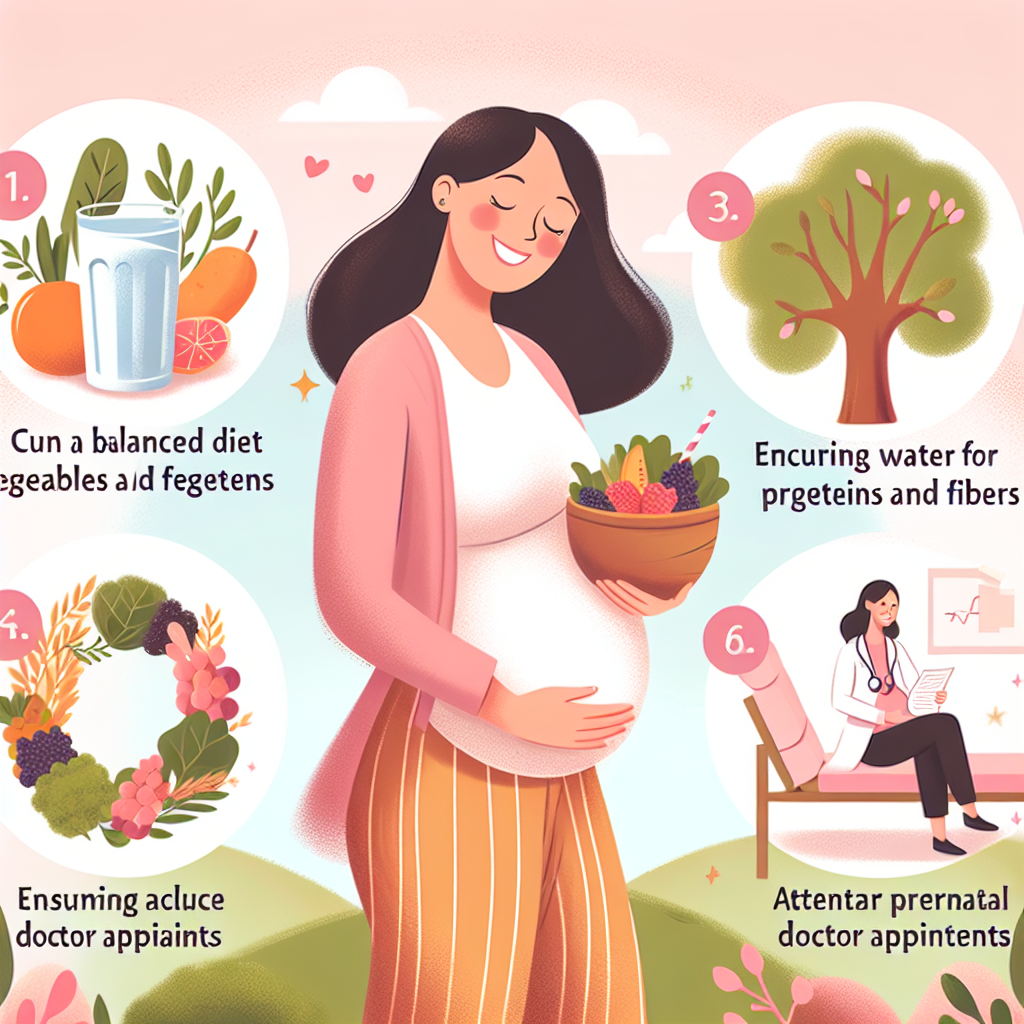Child Development: A Complete Guide to the Essential Stages
Raising a child is one of the most challenging but also the most beautiful experiences a person can have in their lifetime. It is a journey where each stage brings new discoveries, new small victories and, of course, new challenges. This article aims to guide you step by step through the most important stages of child development, from birth to adolescence.
Motor Development
The child's motor development is one of the first aspects that jump out at a mother or father. In about the first month of life, the baby's movements are mostly reflexes. Then, they gradually begin to coordinate their movements and discover how to use their hands and feet. Around 6 months of age, many babies begin to sit unsupported and explore the world around them. From the first clumsy steps to running, jumping and more complex games, each stage deserves praise and encouragement.
Around the age of 3-5, children begin to develop their fine motor skills, such as drawing, building with blocks or dressing. It is important to encourage them to be as active as they feel comfortable as this will play a key role in their later development of motor skills.
Language development
Communication is fundamental in the development of every child. Babies begin by communicating by crying, but quickly progress to babbling and by one year, most babies are saying their first words. Language development is crucial and beneficial not only for effective communication but also for a child's cognitive development.
Language stimulation includes reading stories, frequent conversations, and listening. Even if the little one doesn't understand everything from the beginning, exposure to language helps to form the neural connections necessary for speech. Around the age of 2-3, their vocabulary grows exponentially, and by the time they start school, most children have the ability to hold simple conversations and clearly express their needs and wants.
Emotional and Social Development
Another essential component of child growth is emotional and social development. The ability to understand and manage different emotions is fundamental in everyday interactions. Children learn these skills in the context of relationships with their parents, siblings, and peers.
As children get older, they begin to form their first friendships, learn about cooperation and sharing, and develop empathy. It is extremely important to give them positive examples of interaction and to teach them about the basic rules of social coexistence.
Cognitive Development
Thinking, learning, and problem solving are all important aspects of cognitive development. This development begins at birth and continues throughout life. Children will learn best through a variety of experiences, whether we are talking about educational games, puzzles or various creative activities.
Encouraging curiosity and asking questions is a significant part of cognitive development. Questions like "why" or "how" are signs that your child is ready to learn more and should always be encouraged and supported.
Psychological Development
Last but not least is psychological development, which often overlaps with other forms of development. Children need to feel safe, loved and accepted in order to reach their full potential. Understanding where the child is in their psychological development and providing a stable and supportive environment is essential to ensure healthy development.
It is important to remember that each child is unique and that the pace of development may vary. Patience and understanding are key in supporting children on this journey.
Conclusion
Child development is a complex process that involves progress in many different areas. From the first days of life to the acquisition of autonomy in adolescence, every stage of a child's development requires attention, encouragement and love from the most important people in their lives - parents. We therefore invite you to access our resources to ensure you have all the information you need to support your little ones on their unique journey of growth and development.














































































































































